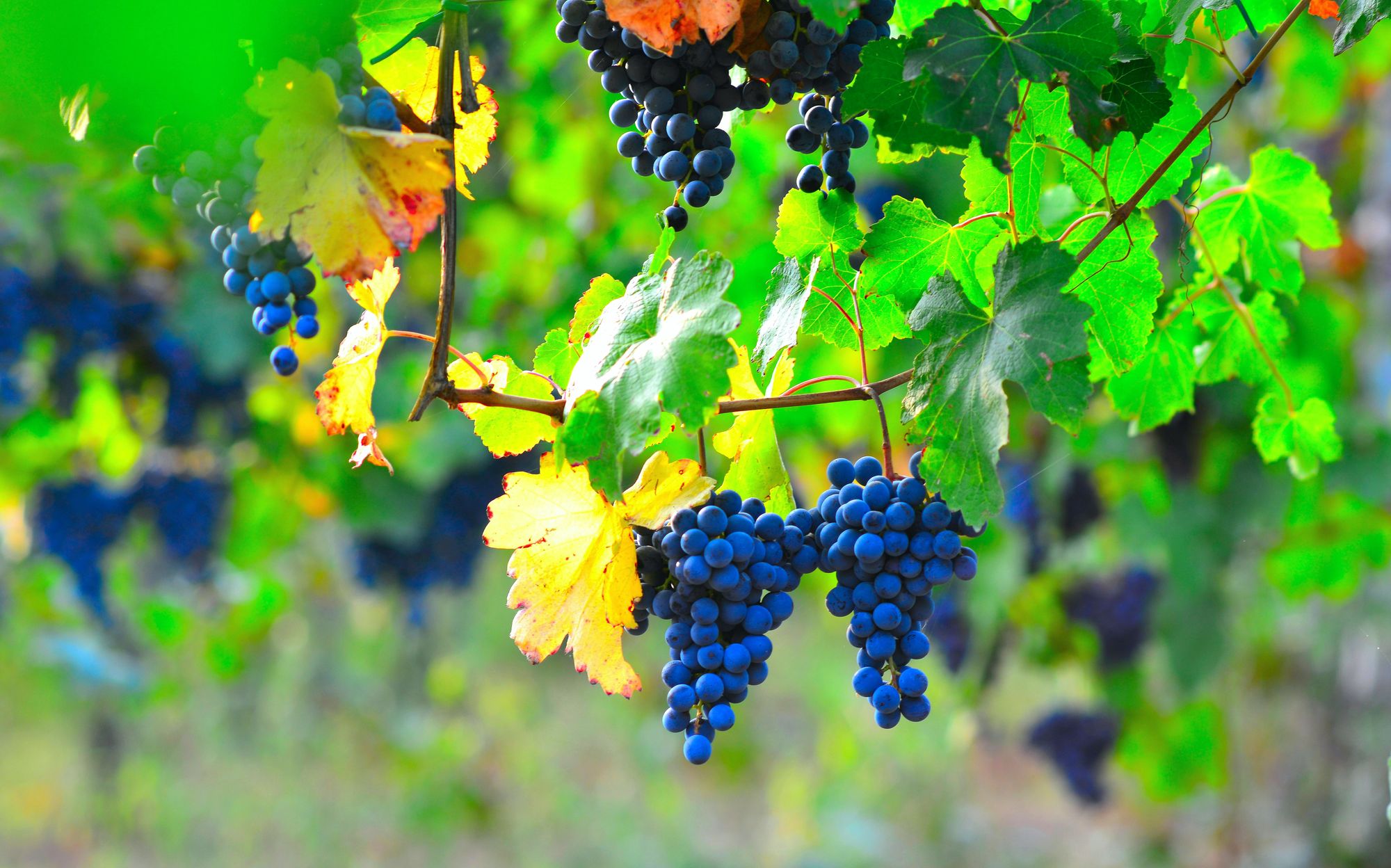Fifth Sunday of Easter - Fr. Pete Iorio
May 2, 2021 - 11:00 AM
Audio Recording
Monsignor can tell you that one of the things I enjoy doing is gardening. This year I planted a box garden of vegetables. And I enjoy planting flowers in pots. What really fascinates me is when plants and flowers grow in extreme circumstances. For instance, sometimes new life emerges when I expected total death from the freezing days of winter. I also marvel that plants once rootbound, meaning they have no room to grow because of the restrictions of their container, are transferred into a bigger container and they flower again and continue to grow.
In the Gospel, Jesus says I am the vine, and you are the branches. He wants to live His life in us. Bishop Robert Barron makes the distinction that Jesus is not just a teacher or master, and we are his learners or disciples, like any other great teacher. Rather, we participate organically in Jesus. We live in Him, rooted and grounded in Him. We live because of Him. Jesus does not say, “unless you follow my teaching,…” but “live in me and bear much fruit.”
This is the wonderful spirituality of the sacraments…the sacraments are the means by which we are grafted onto the life of Christ, participating in His life. That is what Christianity is all about. Once we see this principle and know that Jesus wants to live His life in us, we are able to see a bigger picture. My experience tells me that it is looking back over decades of my life that I see the pattern, the bigger picture of Christ living in me.
Let us look at the first reading from the Acts of the Apostles and see this dynamic life of Christ growing in a man named Paul. By his own admission, Paul was “an arrogant man” before his conversion (1 Timothy 1:13). Remember that Saul who later became Paul fiercely attacked those who followed the Way of Jesus and condoned the murder of Stephen, the first Christian martyr. Even after he had his conversion experience to Christ, we can imagine how some of that arrogance might still have been present as he tried to convert people. Maybe the man who had once spent his life “breathing murderous threats” against Christians still needed to learn Jesus’ teaching about being poor in spirit (Acts 9:1). So it’s possible that God was using the chaos Paul encountered in Jerusalem to help him examine his heart and see where he still needed to change. Quite possibly God was using all this upheaval to “prune” Paul, to further purify him from remnants of his old life (John 15:1-3).
We can also see in that first reading that the life of Christ in the early Christian community in Jerusalem was also growing. They had to make a difficult decision - to accept Paul or to protect itself from someone who had persecuted the followers of Jesus. The Christian community in Jerusalem knew that Paul had done everything possible to eliminate this small sect and had a hard time believing that he had become a disciple. It was only with the testimony of Barnabas that they accepted him. This small group was not only ready to forgive Paul, but to accept him as an important part of them and later made sacrifices for his sake. It is a community that allowed the merciful life of Jesus flow through them. The life of Christ in them meant forgiving and welcoming prodigal children. As the second reading says, “Children, let us love not in word or speech but in deed and truth.”.
If you have lived more than a few decades hopefully you know how valuable it is to be pruned by the Lord. You probably didn’t enjoy it at the time, but looking back, you can appreciate the fruit of such pruning. Coming face-to-face with our selfishness or arrogance or resentments can move us to turn to Jesus and ask him to purify us and set us free.
A couple of indications from Bishop Barron that Christ is living within us is to acknowledge that Jesus is a friend of sinners. If he lives his life within you, you are to befriend sinners too. Jesus draws them into his life... not judging them or eliminating them from the community but drawing them into a better life.
We acknowledge that Jesus was a healer. Everyone baptized into Christ Jesus is meant to be a healer. We can bring peace and life to those around us. Ask at end of day: are people more alive or healthier because of my presence? OR was my presence more of a wounding presence?
And what about suffering? How do we understand it? Is it all just bad luck? When we understand that Jesus is endeavoring to live his life in me and his life culminates in his suffering and death on the cross, we might come to understand that my suffering (at different levels in each of us of course) could be Jesus living his cross in a manner in me right now. It is contributing to the healing of the world.
St. Pope JP2: never pass up the opportunity to allow Christ to suffer in you. It is not masochistic. Jesus wants to live his life in you. You are the branches, and he is the vine. He will bring much fruit. Realize that pruning which is what suffering is all about is part of the process of growth and bearing fruit. He is living organically in us. These are the dynamics of our own spiritual life.
